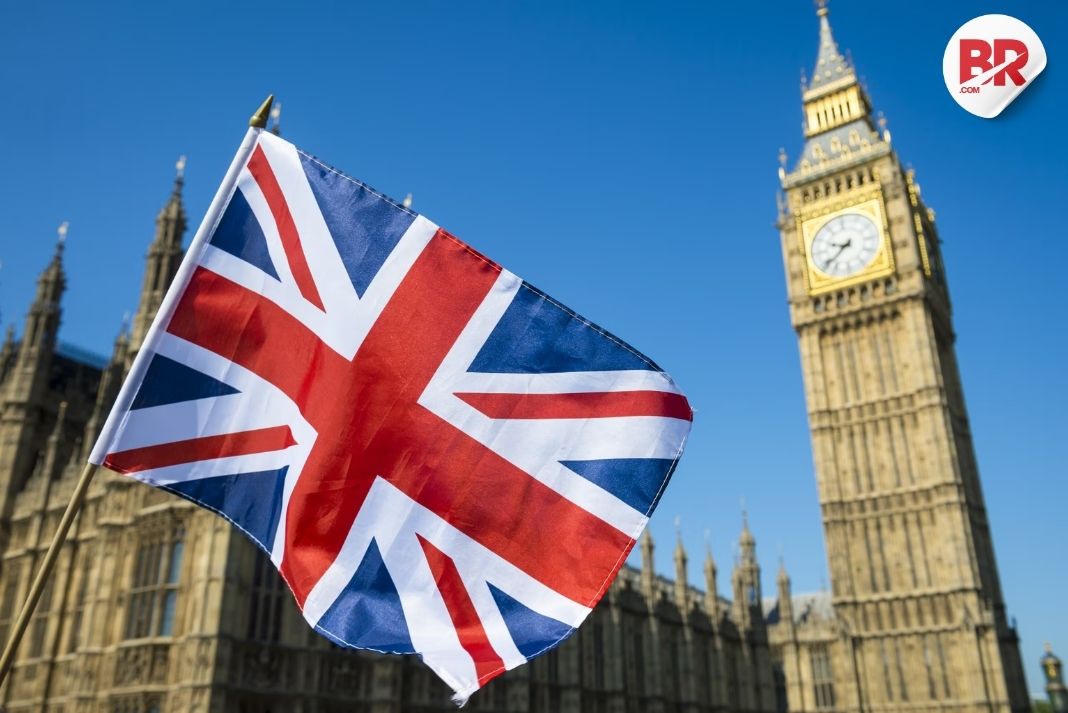In February, the UK saw a small but welcome drop in inflation, easing from 3.0% to 2.8%. This gave households a brief break from soaring prices. However, experts warn that this relief may be short-lived.
The Bank of England (BoE) predicts inflation could climb to 3.75% by the third quarter, driven by rising energy bills and stubbornly high prices in the services sector.
Why Did Inflation Drop?
Several factors contributed to the slight decline:
- Better global supply chains – Fewer delays meant lower prices for some goods.
- Falling goods inflation – Non-durable items like clothing and electronics became cheaper.
- Stable energy costs – After months of spikes, energy prices steadied.
But don’t celebrate just yet—inflation is still above the BoE’s 2% target, meaning prices are still rising faster than desired.
The Big Worry: Services Sector Inflation
While goods prices eased, services inflation stayed stubbornly high at 5.0%. Why?
- Higher wages in hospitality, healthcare, and education.
- Strong demand for dining out, travel, and leisure.
- Increased business costs being passed on to consumers.
This makes services a key concern for the BoE as it decides future policies.
Also Read: China’s Stimulus Surprise: Can It Rescue the Global Economy?
What’s Coming Next?
The BoE expects inflation to peak at 3.75% later this year due to:
- Rising energy prices (global markets remain unstable).
- Higher utility bills (impacting household budgets).
- Continued demand for services (keeping prices high).
How Will the Bank of England Respond?
The central bank faces a tough balancing act:
- More interest rate hikes? (Likely, to control inflation).
- Tighter monetary policies? (Possible, to prevent a runaway price surge).
Their challenge? Fighting inflation without hurting economic growth.
What This Means for You
- Higher living costs – Especially for services like dining and travel.
- More expensive loans – Mortgages and credit could get pricier.
- Tighter budgets – Households may need to cut back on spending.
Businesses aren’t safe either—rising wages and supply costs could squeeze profits.
Also Read: Why Are Foreign Investors Suddenly Flooding Indian Markets with Billions?
While the dip in inflation offers temporary relief, tougher times may be ahead. The BoE’s next moves will shape the UK’s economic future—making this a critical period for everyone.




